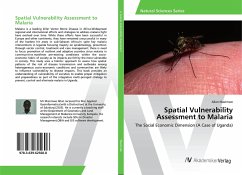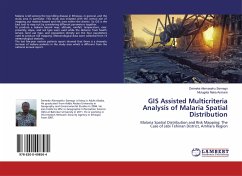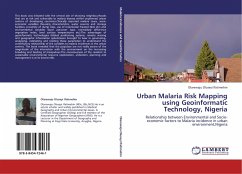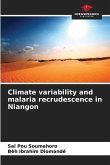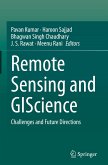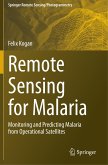Malaria is a leading killer Vector Borne Disease in Africa.Widespread regional and international efforts and strategies to address malaria fight have evolved over time. While these efforts have been successful in Europe and other continents, they have remained unsuccessful in many of the hardest hit areas in sub-Saharan Africa.In spite key malaria interventions in Uganda focusing majorly on epidemiology, prevention through vector control, treatment and case management; there is need to focus promotion of resilient and adaptive societies since malaria in communities manifests pre-existing conditions within the socio-economic fabric of society as its impacts are felt by the most vulnerable in society. This study uses a holistic approach to assess how spatial patterns of the risk of disease transmission and outbreaks among heterogeneous socio-economic conditions and communities are likely to influence vulnerability to disease impacts. This book provides an understanding of vulnerability of societies to enable proper mitigation and preparedness as part of the integrative multi-pronged strategy to prevent, control and eliminate malaria in Uganda.
Bitte wählen Sie Ihr Anliegen aus.
Rechnungen
Retourenschein anfordern
Bestellstatus
Storno

